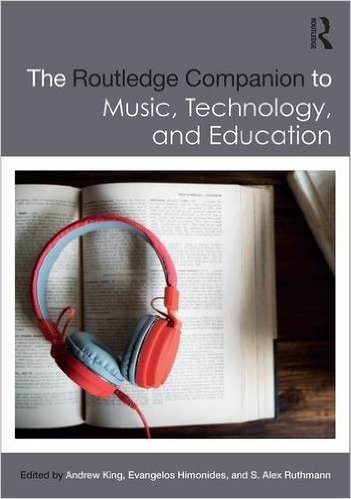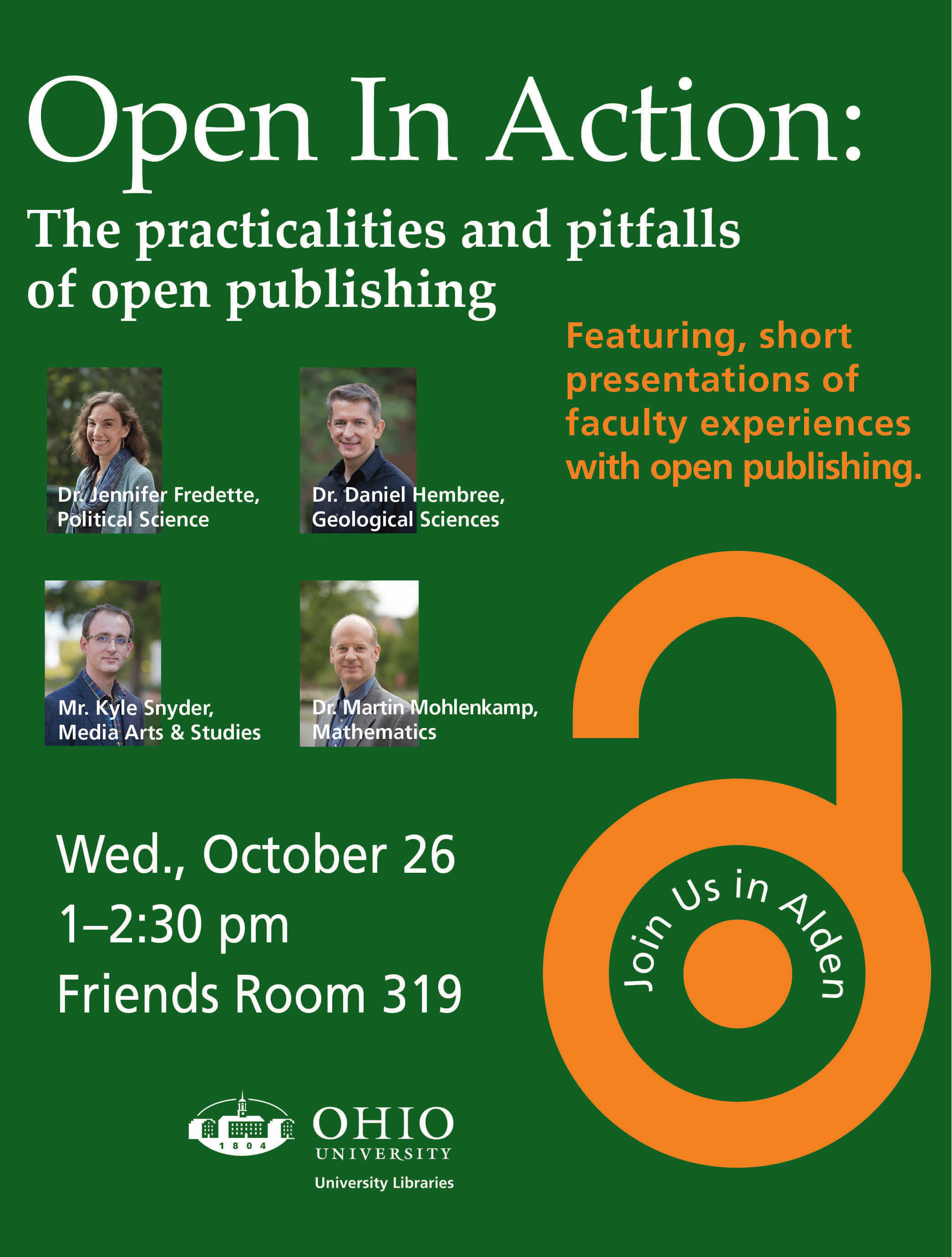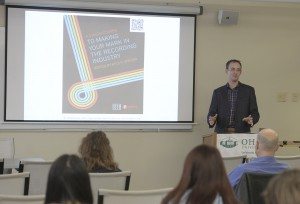The Routledge Companion to Music, Technology, and Education is a comprehensive resource, released in December 2016, that draws together burgeoning research on the use of technology in music education around the world. Rather than following a procedural how-to approach, this companion considers technology, musicianship, and pedagogy from a philosophical, theoretical, and empirically-driven perspective, offering an essential overview of current scholarship while providing support for future research. The 37 chapters in this volume consider the major aspects of the use of technology in music education:
- Part I. Contexts. Examines the historical and philosophical contexts of technology in music. This section addresses themes such as special education, cognition, experimentation, audience engagement, gender, and information and communication technologies.
- Part II. Real Worlds. Discusses real world scenarios that relate to music, technology, and education. Topics such as computers, composition, performance, and the curriculum are covered here.
- Part III. Virtual Worlds. Explores the virtual world of learning through our understanding of media, video games, and online collaboration.
- Part IV. Developing and Supporting Musicianship. Highlights the framework for providing support and development for teachers, using technology to understand and develop musical understanding.
Kyle P. Snyder is excited to have contributed Chapter 11, Audio and Education, to The Routledge Companion to Music, Technology, and Education. In this chapter, Snyder considers the interrelated nature of Music, Technology, and Education within today’s classroom and especially audio engineering curricula. He also considers ways technology is used within audio engineering curricula, research germane to pedagogy and effectiveness, and suggestions for future development with a nod to practical implementation as is the long withstanding heritage of the trade.
With technologies themselves a primary curricular focus proving to be a powerful platform for study, not just of audio specifically, but of music more generally, the recording studio is itself rewarding musical instrument. It is an instrument well-suited for composing and performing music, individually or in ensemble. It is an interactive environment offering multiple modes of rich user feedback, and several paths for structured and independent exploration and research, across a broad range of musical elements. Relating to music via the multitrack recording studio offers a wealth of opportunities – by doing and through listening – for a rich and rewarding music education.
The Routledge Companion to Music, Technology, and Education is designed for undergraduate and post-graduate students, music educators, teacher training specialists, and music education researchers. It serves as an ideal introduction to the issues surrounding technology in music education.


